#ElectricCars
Superlatively Stupid: Volkswagen Allegedly Changing Name to 'Voltswagen'
Volkswagen is either hellbent on destroying its brand appeal or we appear to be on the receiving end of an early April Fools’ prank because there’s a rumor going around that the automaker is going to be changing its name to “Voltswagen” to better encapsulate what an absolute cringe festival it has become.
Known best for offering unassuming but exceptionally nice to drive automobiles with styling that ages rather well, Volkswagen has been bending over backward to present itself as an EV manufacturer that’s chasing down all the latest trends. But your author is convinced that the initial feedback will be so overwhelmingly negative, VW will ultimately make some excuse and fall back to highlighting its more traditional aspects.
Rare Rides: The 1921 Detroit Electric 85A, a Very Early EV
It’s fitting that the first electric vehicle ever featured in the Rare Rides series is today’s two-door Detroit Electric. One of the earliest electric cars, the luxurious Detroit Electric was whirring around cities when many people still used horses.
2021 Ford Mustang Mach-E Premium AWD Review - Ready for a Revolution That Isn't Here Yet
I’ve been waiting to get my grubby mitts on the steering wheel of the Ford Mustang Mach-E for over a year now.
I spent a good chunk of a weekend learning all about it before the 2019 Los Angeles Auto Show. And I was all set to trek to Detroit to drive it last fall. But, well, COVID travel restrictions forced me to keep my FIB (if you know, you know) self out of Michigan. So we sent friend of the site Chad, since he was unencumbered by such things.
Finally, a scant few months later, the electric Mustang (yeah, I know. It’s on a different platform and I’m on record as not liking the use of the Mustang moniker) graced my garage.
Progress, Thy Name is ZETA: New Electric Vehicle Lobbying Group Hits the Scene
If you think the political class is interested in what kind of policies citizens would like to see implemented, you’ve clearly never heard of lobbying groups. While we’re stuck at home writing thoughtful letters to congressional interns in the faintest hope that they’ll be dictated to a senator, corporately supported lobbyists are taking legislators out to dinner so they can discuss how best to govern on a single issue. They’re important in determining the trajectory of the nation but many get criticized for placing the needs of the business over that of the individual voter.
Buckle up, because we’re getting another one. On Tuesday, the Zero Emission Transportation Association (ZETA) held its own coming-out party and announced its mission to advocate for “national policies that will enable 100 [percent] electric vehicle sales throughout the light-, medium-, and heavy-duty sectors by 2030.”
Ford's Upcoming E-Transit is Kansas City Resident, Means $100M Plant Investment
As we reported a couple of weeks ago, Ford is set to debut its new E-Transit electric van tomorrow. An announcement was made yesterday regarding the Transit’s production location. And the new van brings along some cash, and jobs as well.
Audi Confirms RS Variant for E-Tron GT Sports EV, Teases Soundtrack
With Porsche having secured itself an all-electric vehicle, the laws of trickle-down manufacturing dictate that Audi is the next on Volkswagen Group’s docket for performance-focused electrification. Using the J1 performance platform that underpins Porsche’s Taycan, the Ingolstadt-based automaker has reported that its own E-Tron GT is nearing completion — assuring us that it’ll will meet the bar in terms of “quality and progressiveness” in a handful of announcements on Thursday.
Probably the most important of these was that Audi would be ready to commence production at the end of this year at Böllinger Höfe, near Neckarsulm, alongside the R8. However the company leaked a few additional details, including that the E-Tron (which the brand stylizes in all lower-case letters, bleh) will come in an RS variant.
Ford Reduces 2021 Mustang Mach-E Pricing
A dealer price sheet for the 2021 Mustang Mach-E has been unearthed on one of our parent company’s forums, and it shows that all Mach-Es excluding the GT will see a price drop effective today.
Not only that, but 2021 model-year units invoiced prior to today will be re-invoiced to move to the new pricing.
Revealed: 2021 Volkswagen ID.4
It’s been talked about and teased, and now it’s finally here. Volkswagen took the wraps off the 2021 ID.4 electric vehicle in one of the now-ubiquitous live-streamed reveals.
You can even buy yours today if you like what you see. Reservations are open.
Mercedes-Benz EQS Spied, Foreshadows M-B's EV Future
Mercedes-Benz is working to deliver on its promise of having 10 or more EVs on the market by 2022, as evidenced by spy shots of the EQS unearthed via Motor Authority.
The EQS will be a large sedan, poised to sell alongside the flagship S-Class. Production could start this year, putting it on the market next year as a 2021 or 2022 model.
Report: Mass Nickel Mining Probably Won't Be Great for the Environment
Electric vehicle manufacturers are already struggling to maintain supply lines as demand for batteries increases in practically every industry in existence. Automakers have recently begun branching out to secure the raw materials necessary for their production while also trying to cozy up to battery suppliers who already know they have them over a barrel. Some, like Tesla, have even built their own facilities for battery production.
In August, Tesla CEO Elon Musk announced that the automaker would offer favorable deals to companies that could mine nickel in an ecologically friendly manner and help ensure it has an adequate supply of the metal for batteries. But there’s a problem: pretty much every automaker wants access to nickel and — much like cobalt — there are often serious implications regarding how it’s procured. As demand continues to grow, industry players will become increasingly reliant on regions lacking rigid environmental safeguards.
EV Offensive Looking More and More Like a Decoy Attack
Mercedes-Benz is nixing its all-electric EQ hatchback, according to R&D boss Markus Schäfer. Instead, it’s going to play a GLA-sized EQA crossover as its next hand.
Speaking with Autocar, Schäfer basically said it was a question of market demand. The EQC has already been delayed until at least 2021 for U.S. customers, though we’ve heard talk that its suspension could prove indefinite as the brand reassesses what should — and shouldn’t — be included in its future lineup. “We have to watch customer demand and, at the moment, SUVs and crossovers are the absolute favorites. Those are our first priorities,” Mercedes’ R&D head explained.
It’s only the latest chapter in a complicated story about an industry that’s constantly having to rethink how it handles electric cars.
2019 Jaguar I-Pace EV400 HSE Review - EV Growing Pains Persist
Jaguar’s I-Pace electric hatchback provides an interesting driving experience. When it has enough charge to be driven, that is.
The I-Pace I drove for a weekend last summer spent much of that time at the dealership, charging, because it failed to charge anywhere else near my home.
More on that in a minute.
Volkswagen Says ID.3 Still Coming, Even If It Isn't Ready
Running a little behind in its electric vehicle program, Volkswagen plans to resume production of its battery-powered ID.3 hatchback this Thursday. This is part of its revised strategy aimed at helping the company endure the bleak outlook created by coronavirus countermeasures that upended the global economy.
Like most automakers, VW will be on the hook for sizable fines in Europe if it fails to improve fleet-wide emissions this year, and it’s now losing cash as factories remain shuttered and consumers hone their social distancing skills.
With the latter problem almost completely out of its grasp, Volkswagen is focusing on making sure the ID.3 lands on the market this summer — even if that means rushing it out the door in a less-than-ideal state. Back in February, it was reported that the model suffered from a glut of software issues (an oddly common issue with the brand’s pre-production EVs) that could force VW to delay the ID.3’s launch. That apparently won’t be an issue, as it’s just going to run with whatever code it has at the ready.
Survey: EV Interest Varies Wildly Between Nations, Ditto for Shared Ownership
If you follow the automotive industry at all, you’re undoubtedly aware that the United States is a region that hasn’t quite embraced automotive electrification on the same level as the rest of the developed world. Americans travel longer distances and have particular tastes, making EVs more popular in places like Europe and China. It also hasn’t passed the same sweeping regulations to ensure their advancement.
Whatever the cause, a new survey from London-based OC&C Strategy Consultants attempted to tabulate the disparity — asking 2,000 consumers (apiece) in the U.S., China, Germany, France and United Kingdom between March and April of 2019.
Their findings? Only about half of the surveyed Americans felt EVs were worth their consideration as a potential successor to their current ride. In China, 90 percent said they would seriously consider buying electric. Between 64 and 77 percent of respondents in Europe said the same (depending on country).
We'll Have to Build a Ton of EV Charging Points If Electrification Is Going to Work
If you hop around this country on a semi-regular basis, you’ve likely noticed that California seems better equipped to endure the onslaught of electric vehicles poised to reshape our society. For all the complaints about the state’s managerial issues and a homelessness situation that’s spinning wildly out of control, it’s one of the few places you can regularly encounter EV charging stations without actively looking.
It’s also an area you see them frequently in use. Many states still harbor large distances between charge points that don’t see a lot of use in the first place. But things are different in California. There are dedicated EV stations along most major highways, increasing in frequency the closer to you get to metropolitan hubs. Once inside the city limits, there are are countless office parks, service stations, and parking structures offering ground-floor charging — many of which will actually have cars plugged into them.
You’ll also notice many are broken and some don’t let you pay via a single swipe of your credit card. Instead, the machine will ask you to make an account with whatever company is offering the service, often trying to push you into using a proprietary app. It’s unfortunate and probably the last thing you want to do after scouting out a particularly well-hidden station because the first three you came across were occupied or out of order.




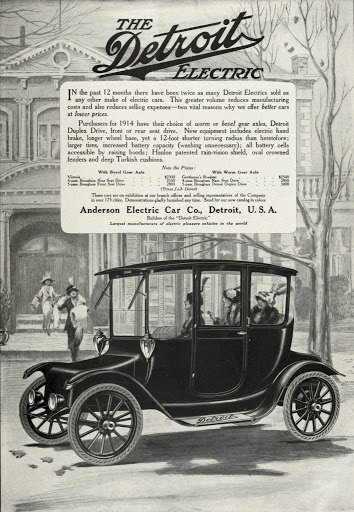


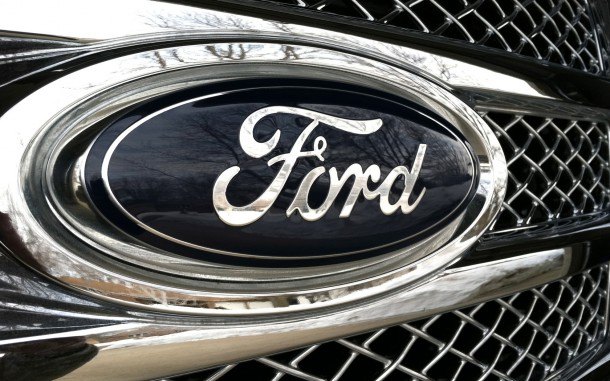
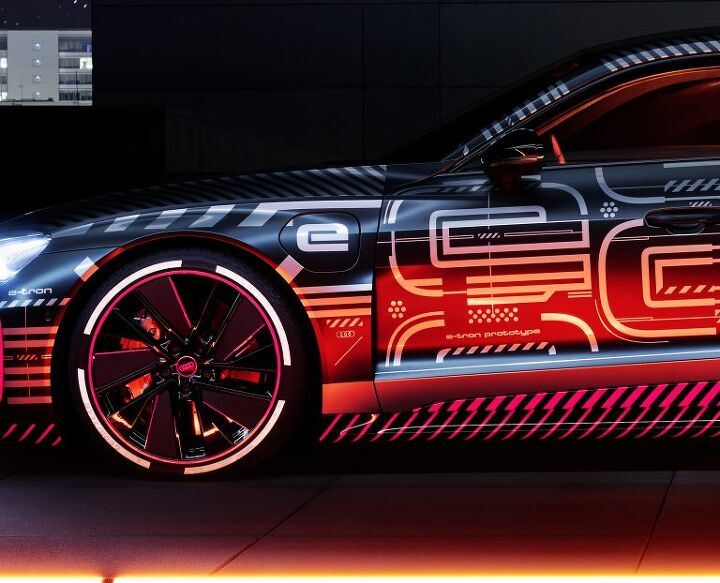

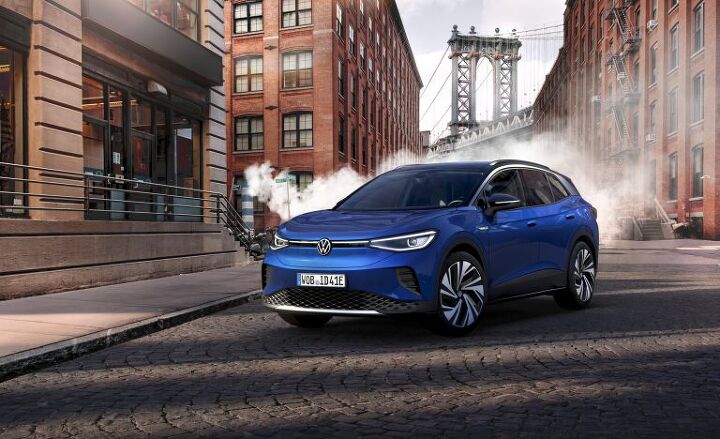
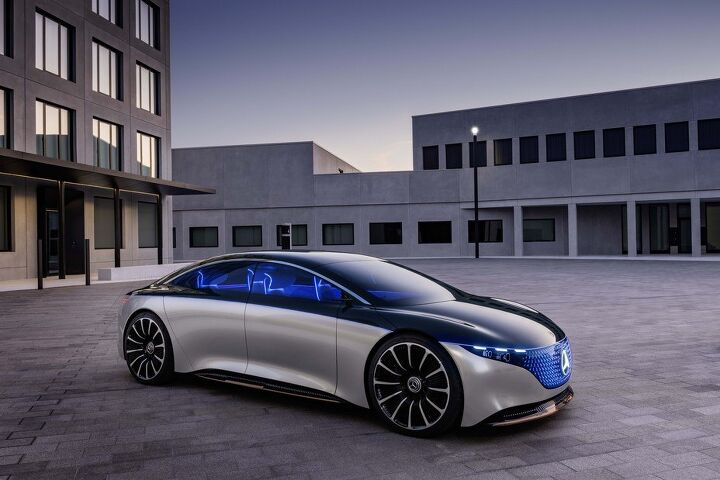





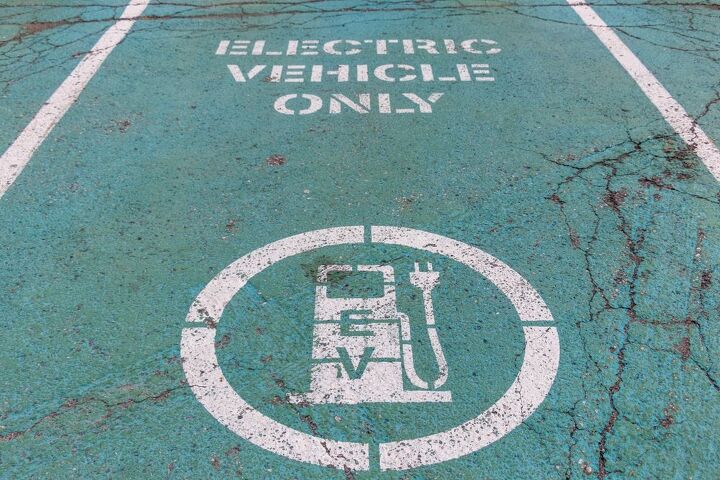












Recent Comments